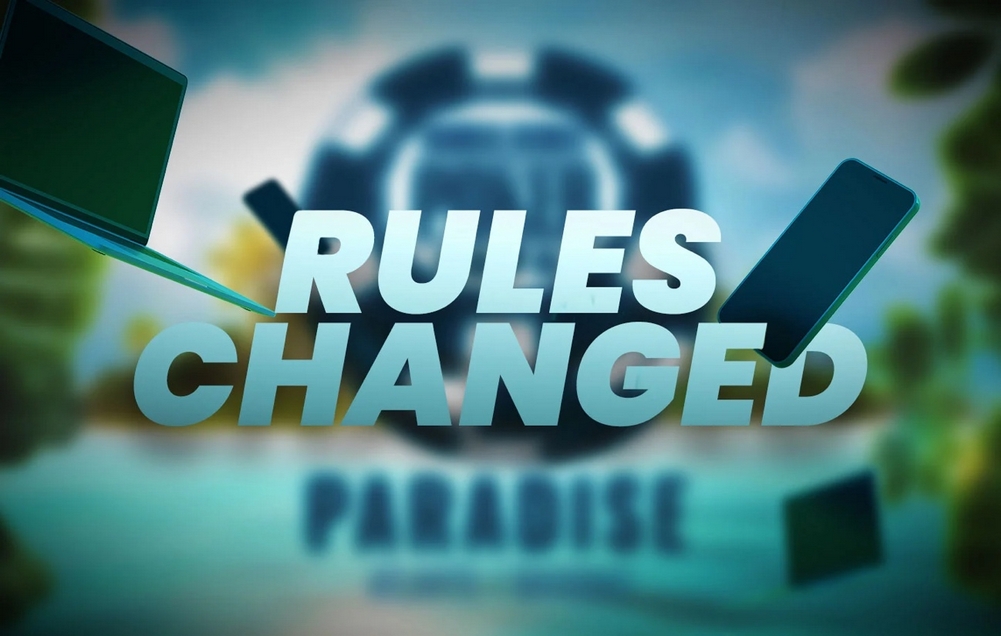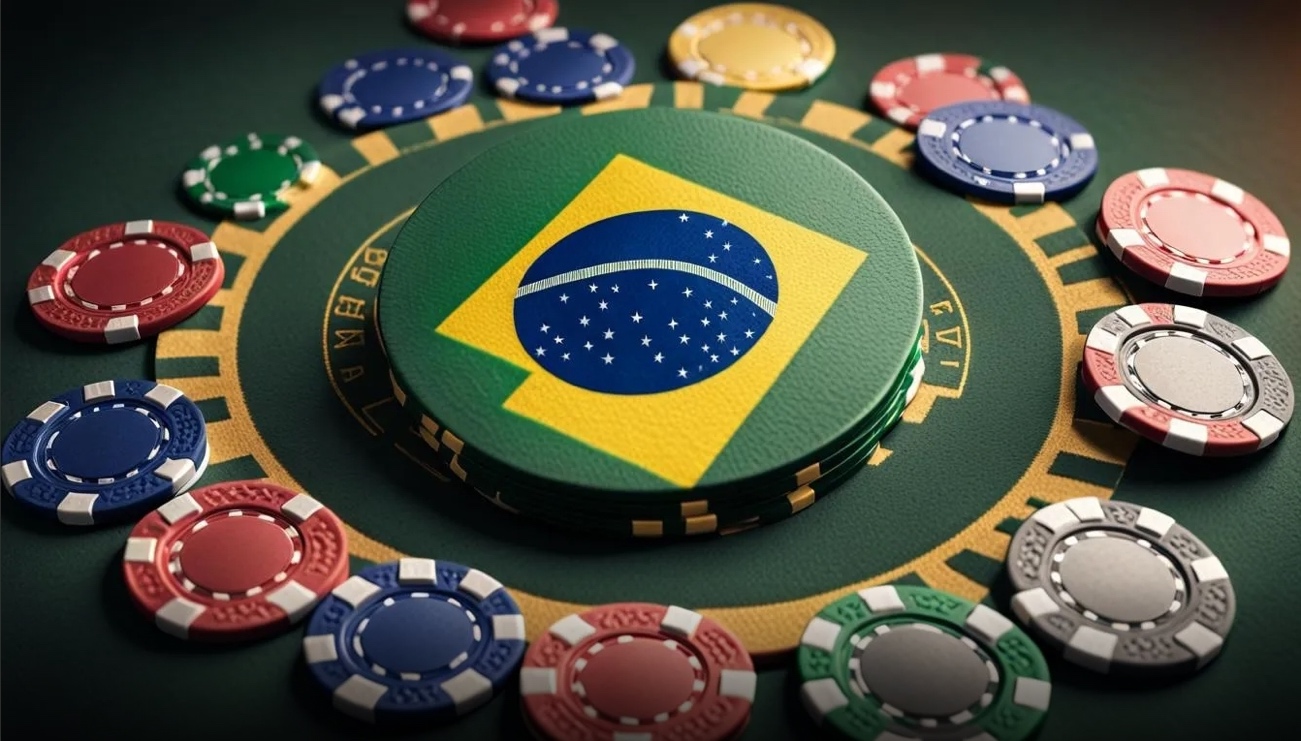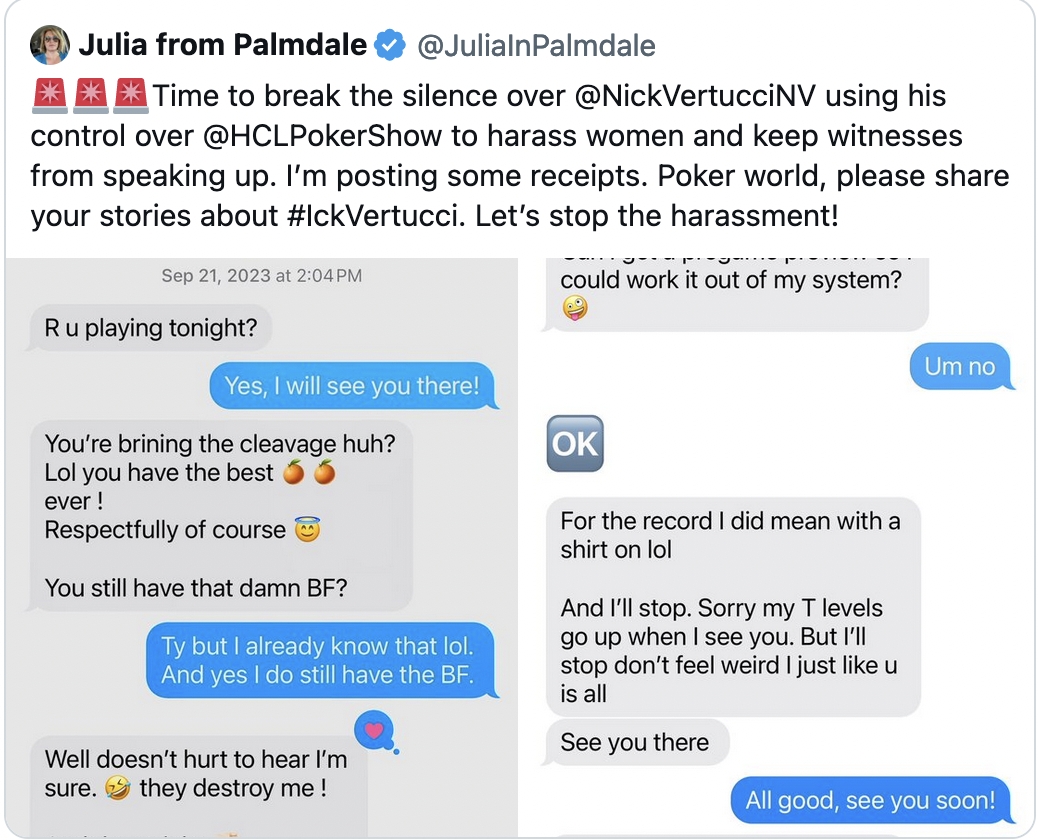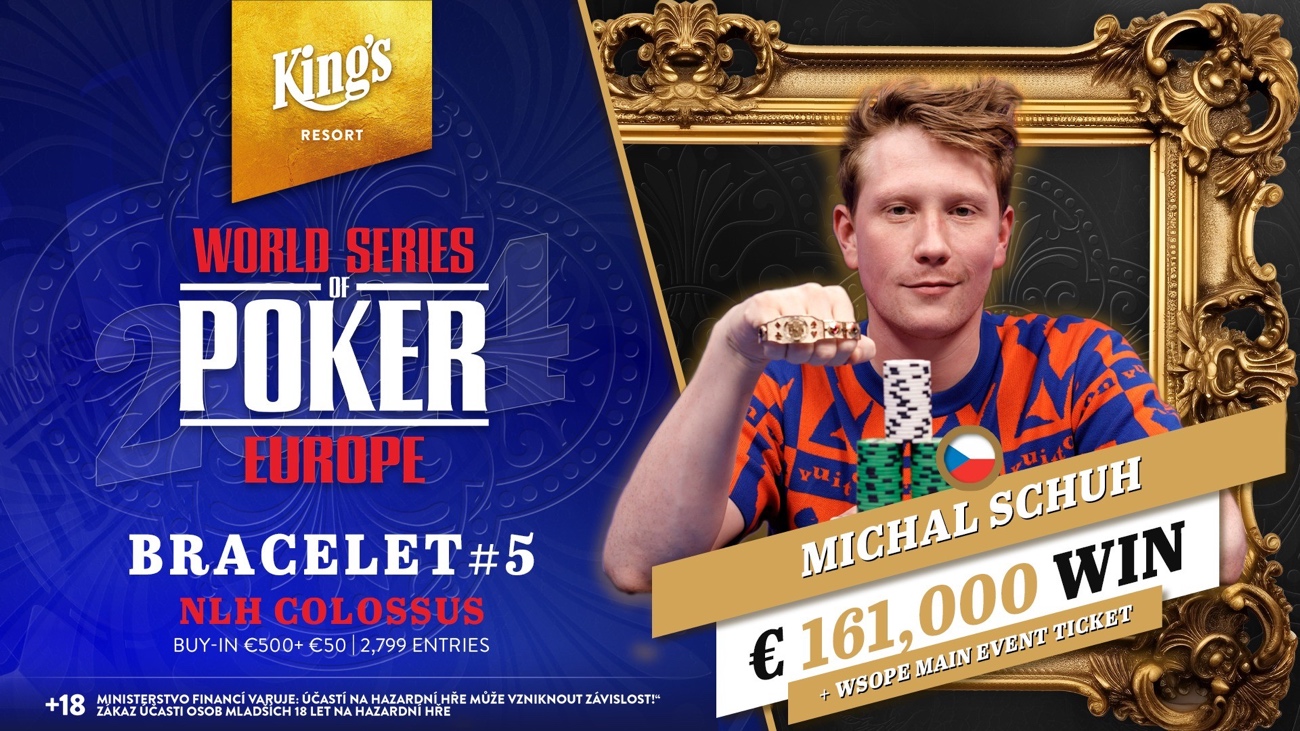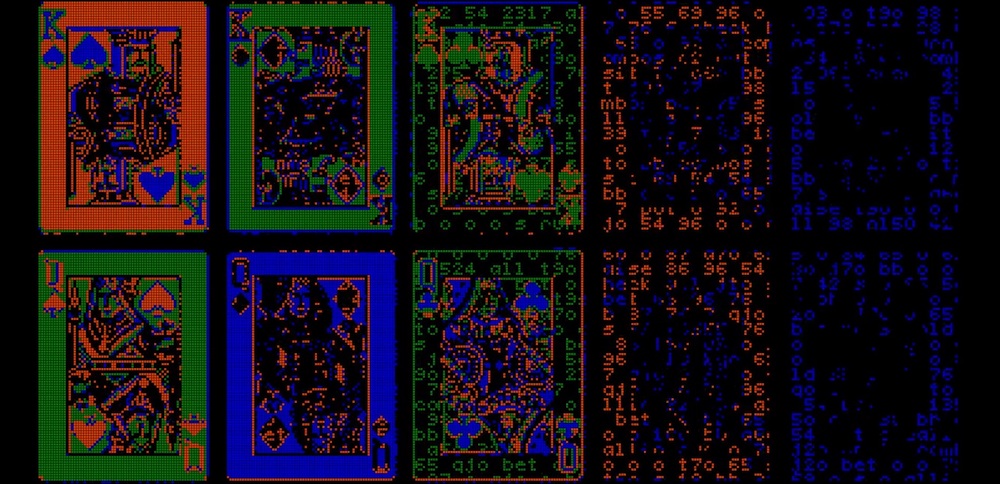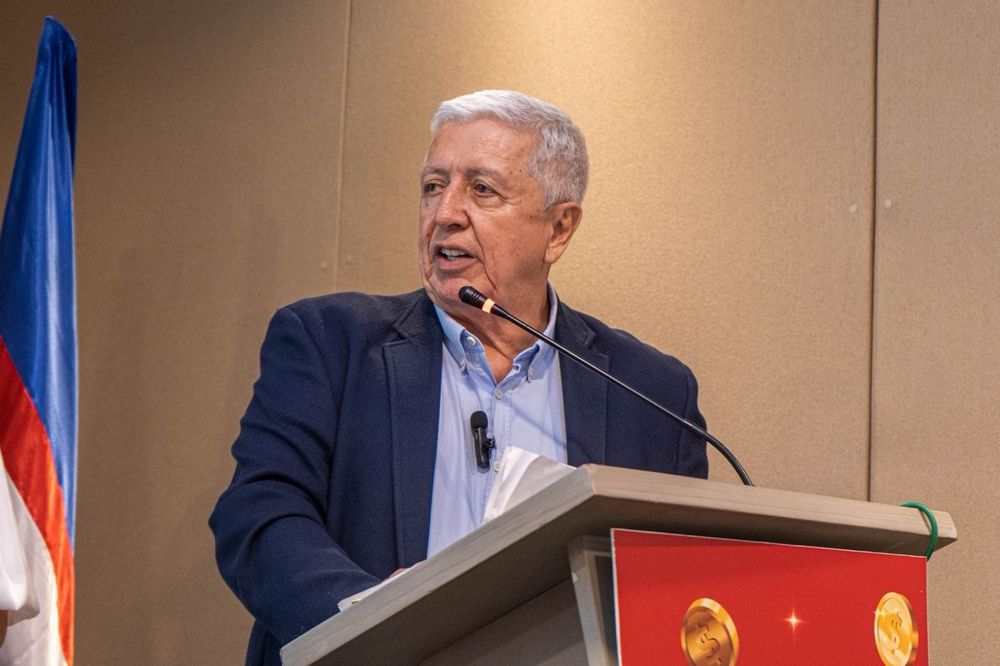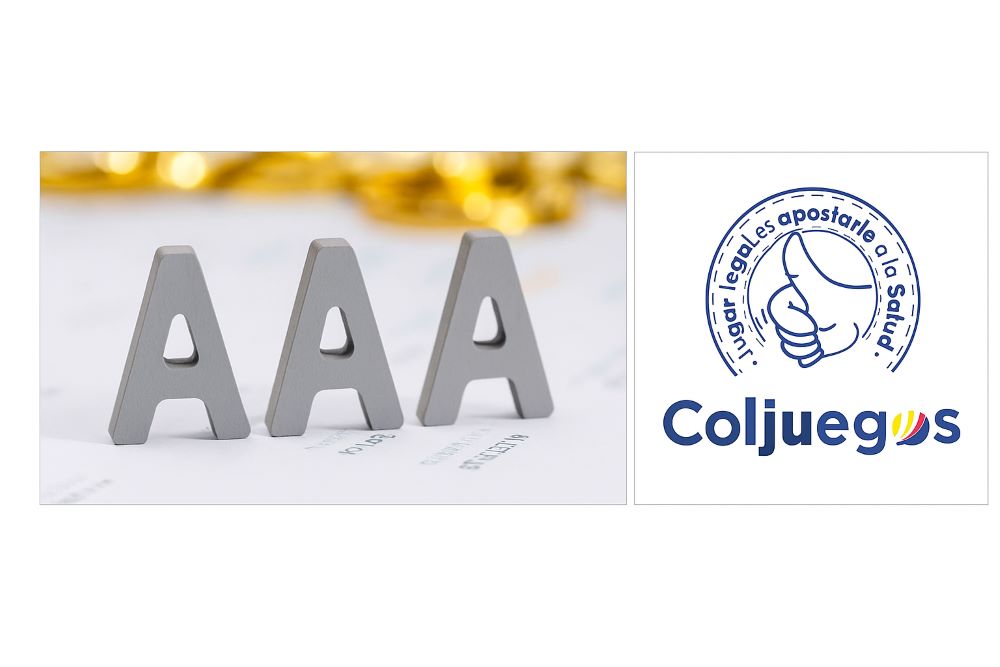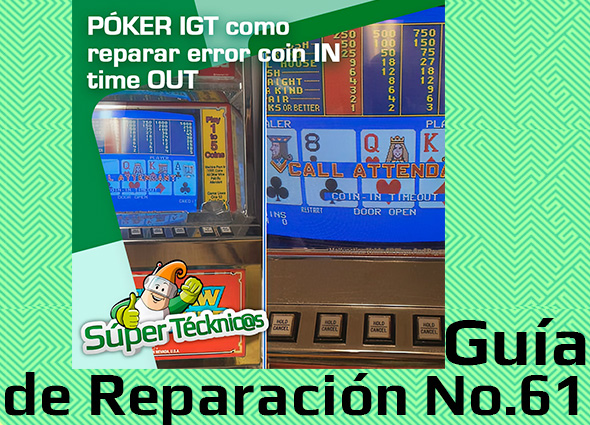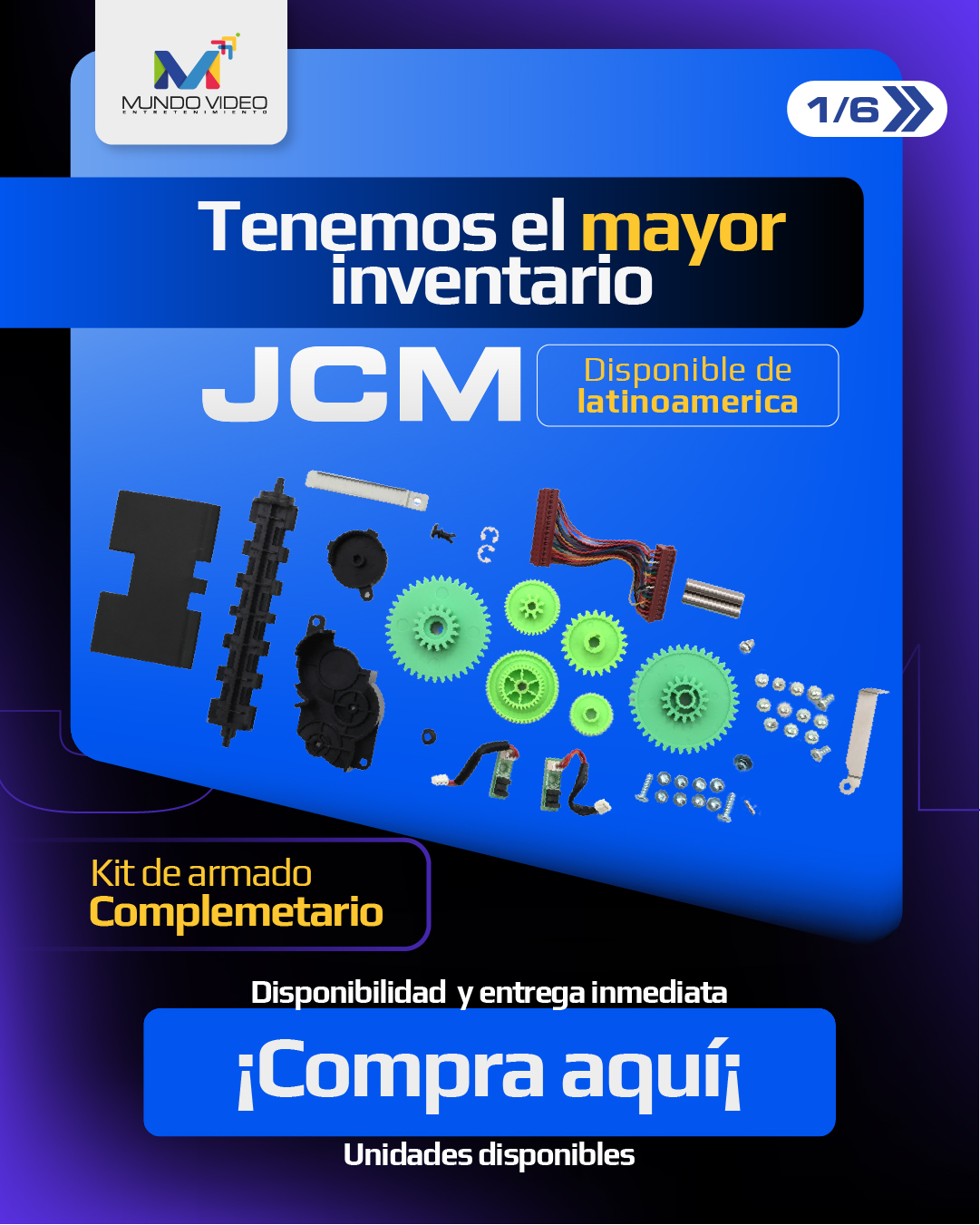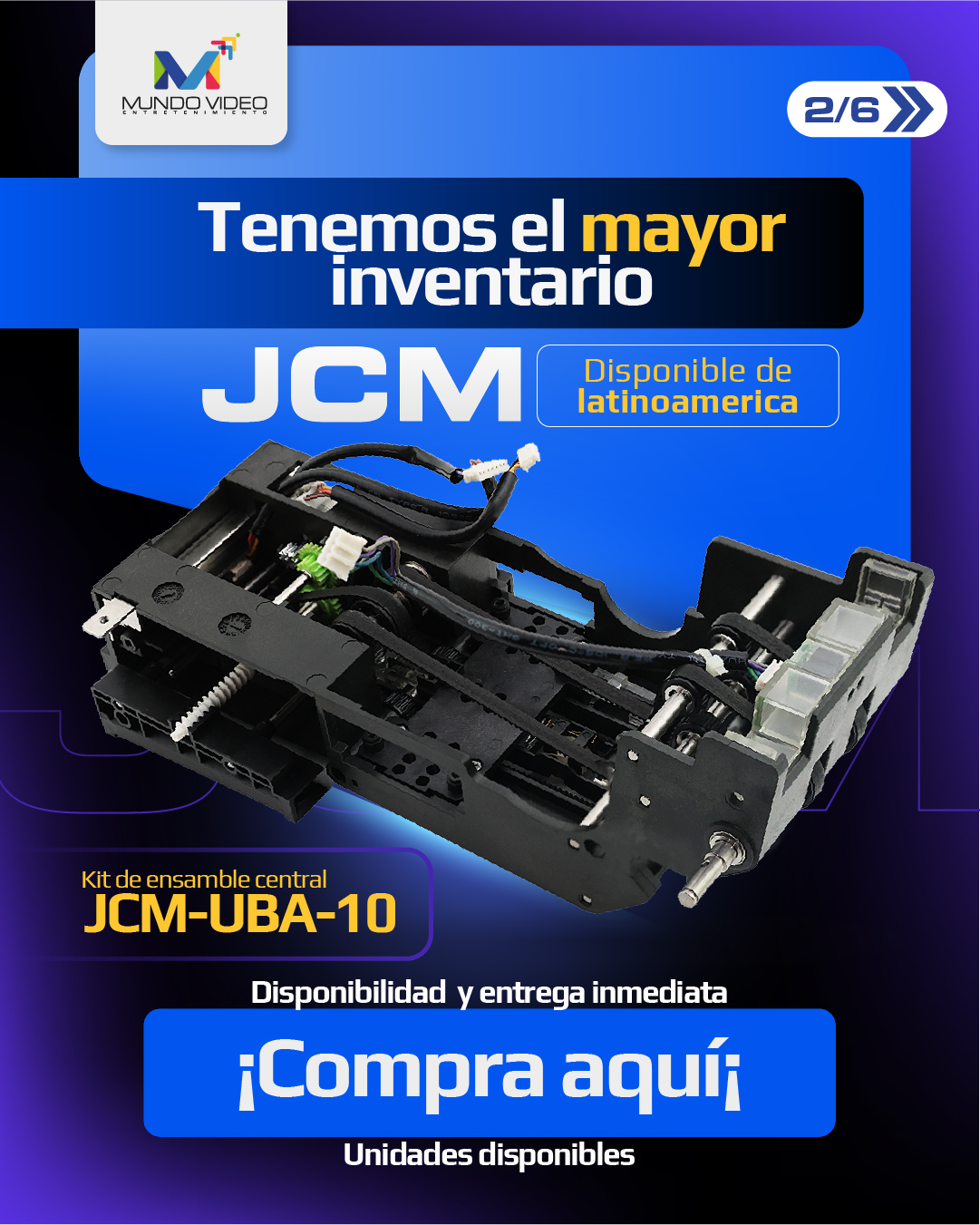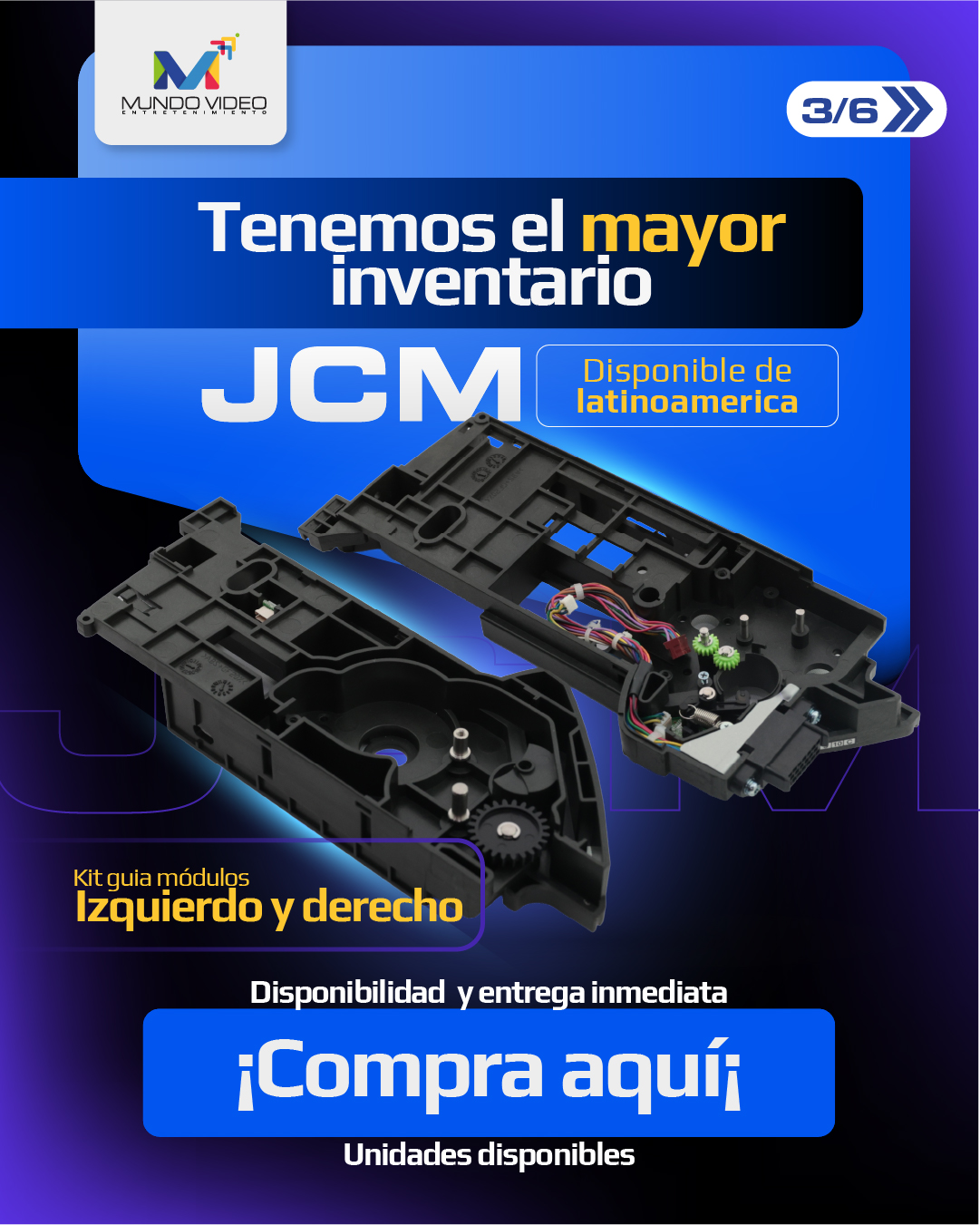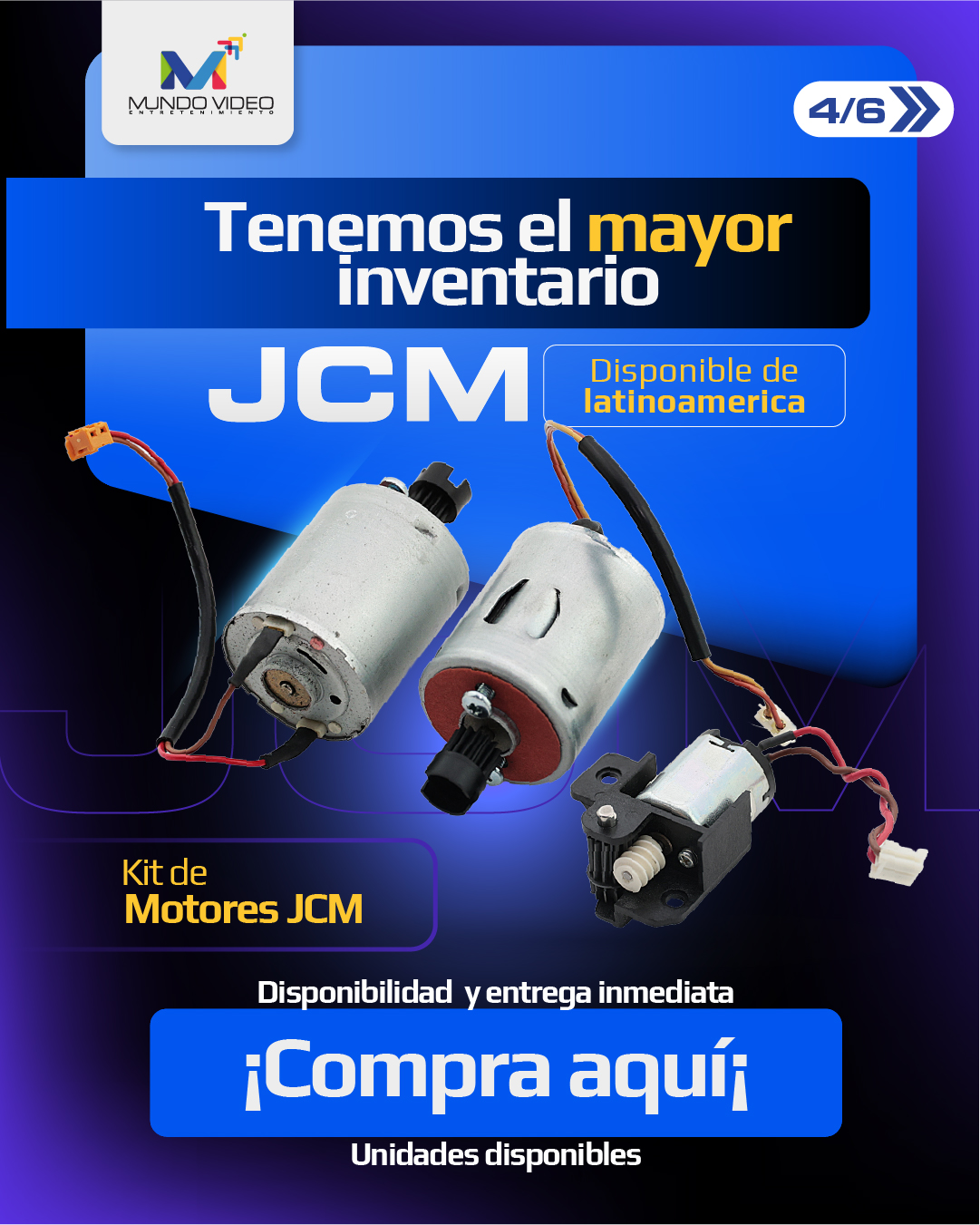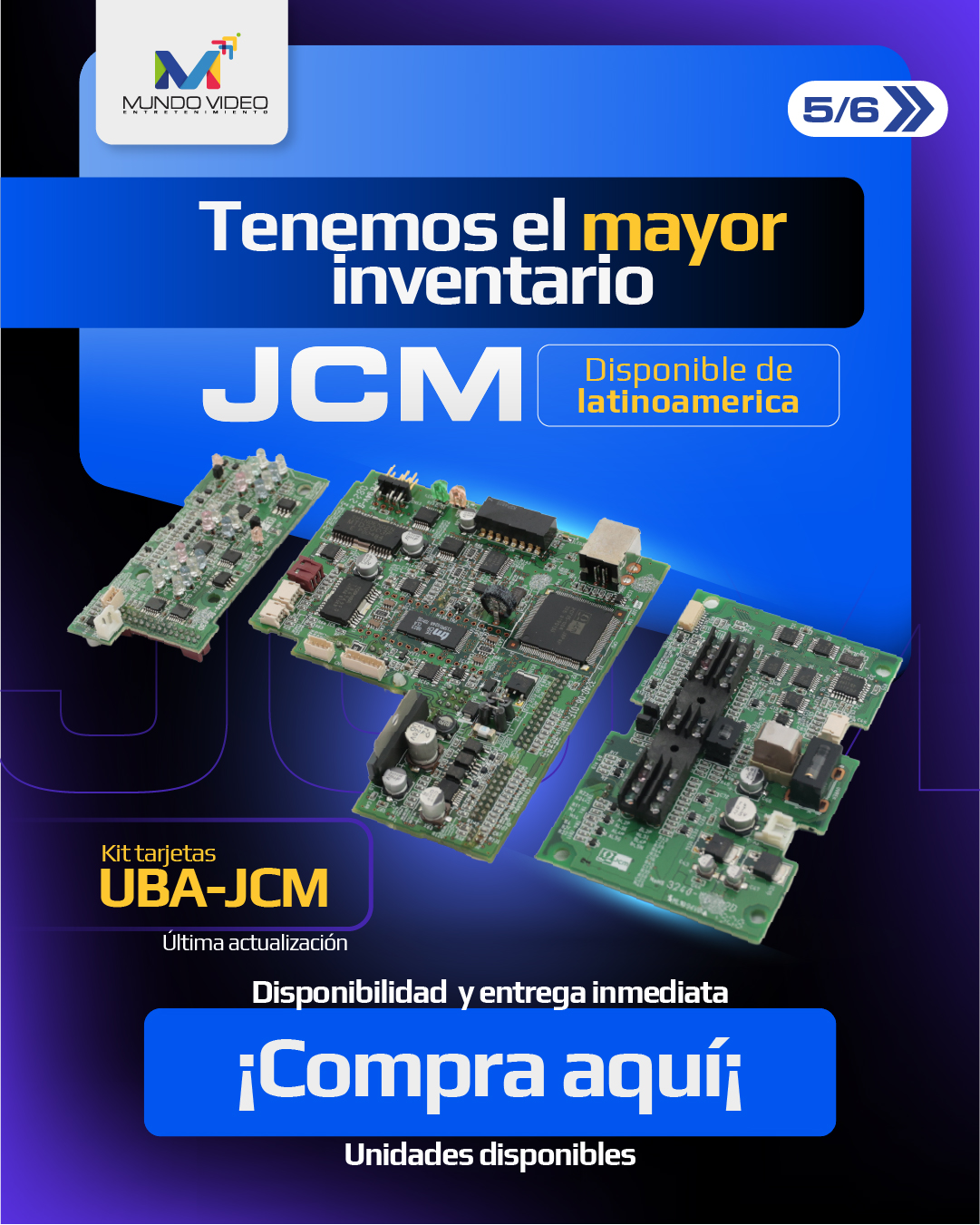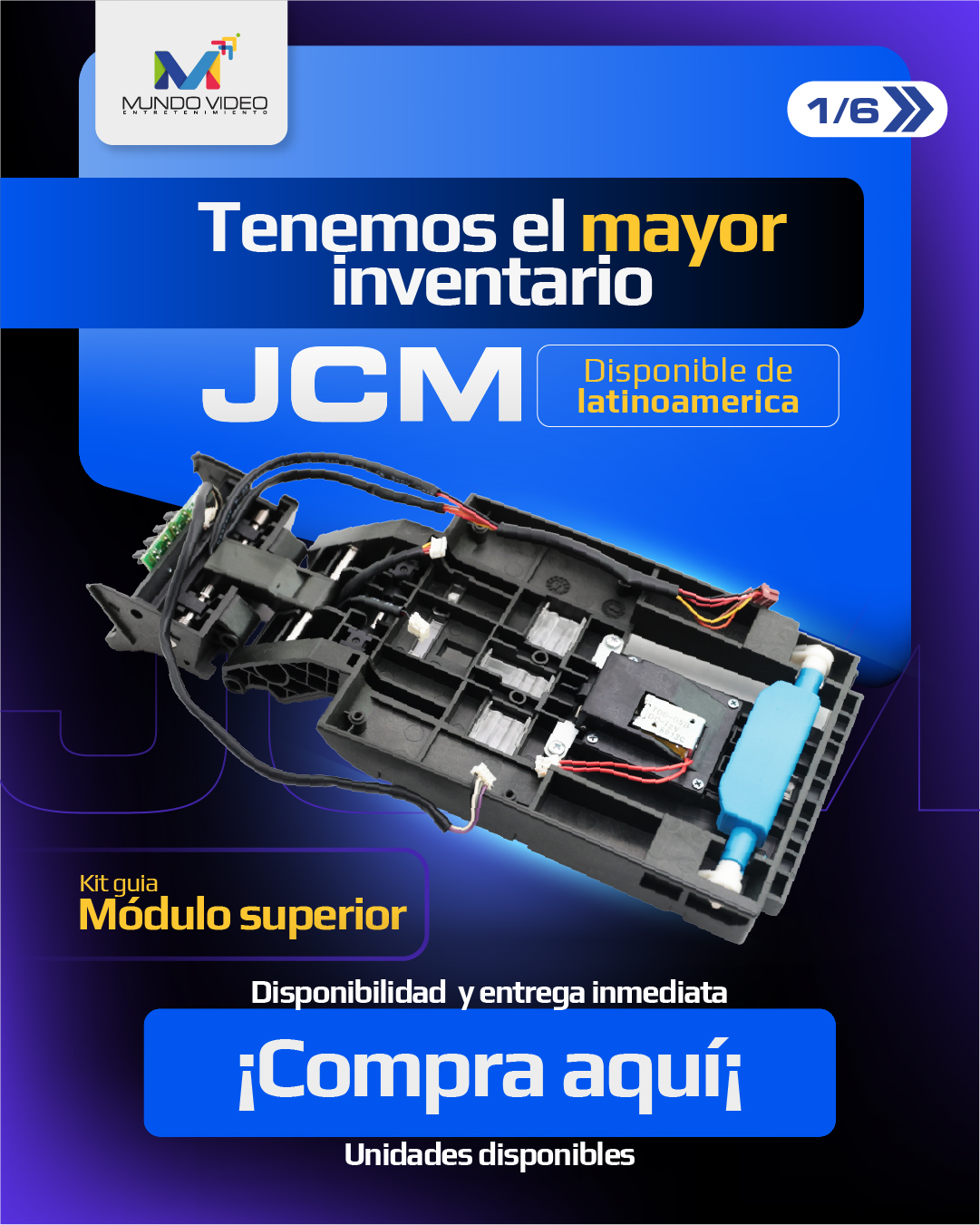London’s casino Crockfords refused to pay 7.7 million pounds ($10 million) after arguing that the professional poker player, Phil Ivey, had cheated by using a technique known as “edge sorting” while playing the game, which involves spotting tiny differences between the long edges of playing cards to keep track of good ones.

Ivey admitted using edge sorting, but argued this was a legitimate advantage. The case led the Supreme Court to legal conclusions. (READ SO: FEDERAL JUDGE SAYS POKER PRO PHIL IVEY BREACHED NEW JERSEY CASINO LAWS TO WIN $9.6 MILLION AT THE BORGATA CASINO)
To these cases since a landmark case in 1982, juries in England and Wales have been asked to apply a two-stage test when tackling the dishonesty question.
Firstly, they had to solve whether what a defendant did was dishonest by the standards of ordinary people. Then, whether the defendant must have realized that their conduct would be seen as dishonest by those standards.
The answer to both questions had to be yes for a defendant to be convicted. But in the second part of the test had the unintended effect that the more warped a defendant’s standards of honesty, the less likely it was that he would be convicted of dishonest behavior.
So as a conclusion they said that the second leg of the test should no longer apply. This is a momentous change because the two-stage test has been a key element in fraud cases for decades.
Making Phil Ivey losing his wins of Punto Banco at the Crockfords casino in London over two days in August 2012.









